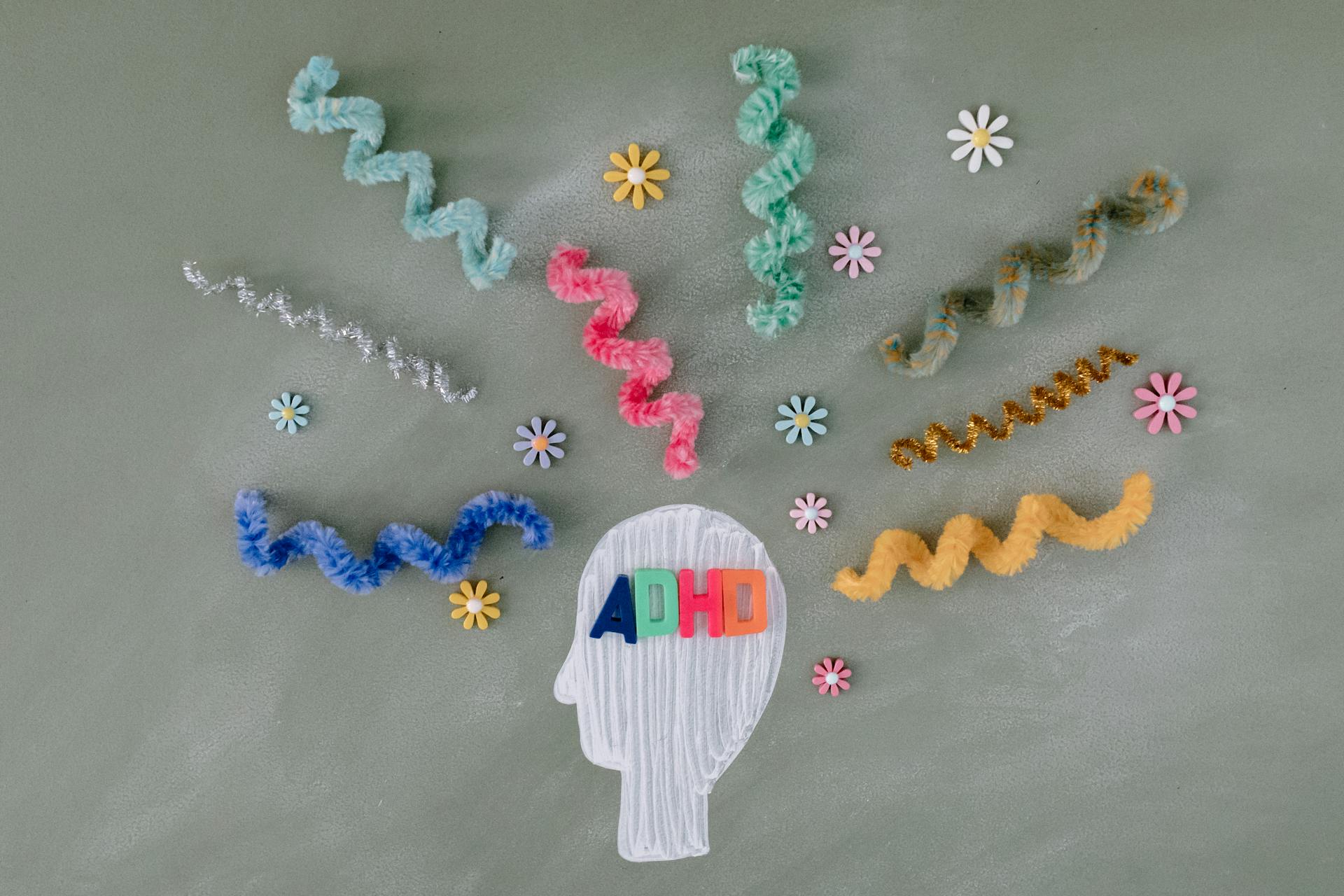Adult ADHD referrals paused by NHS in Coventry and Warwickshire as youth waiting lists top 7,500
Adults over the age of 25 in Coventry and Warwickshire are temporarily unable to receive referrals for attention deficit hyperactivity disorder (ADHD) assessments via the NHS.
The action was taken by Coventry and Warwickshire Partnership NHS Trust on 21 May, with ‘urgent’ action needed to reduce the backlog of children waiting for an assessment for the condition which affects the brain’s activity, attention span, and functional abilities.
According to the local Integrated Care Board (ICB), more than 7,500 children and young people are waiting for an ADHD assessment in Coventry and Warwickshire. The temporary shift of focus to children’s referrals seeks to tackle this high demand.
The impact of an ADHD diagnosis is significantly more profound for children […] helping them stay in school, develop social skills, succeed in exams, and learn how to function and thrive in society
ICB spokesperson
The temporary change has been supported by the ICB, with a spokesperson for the board saying that “the impact of an ADHD diagnosis is significantly more profound for children”. The board have argued that supporting youths waiting for a diagnosis will “[help] them stay in school, develop social skills, succeed in exams, and learn how to function and thrive in society”.
These key developmental factors have led to a push for a stronger focus on neurodivergent children, rather than adults for the time being.
In March 2024, a BBC investigation found that 1,675 adults were on the waiting list for ADHD services under the local Coventry and Warwickshire trust, with 120 receiving an assessment in 2023.
Further figures released in May this year estimated that almost 2.5 million people in England have ADHD – 1.6 million of these aged over 25.
The continued strengthening of support for neurodiversity in children aligns with last year’s announcement from the Department of Health of a £13 million partnership with NHS England to help improve specialist support for neurodiverse children
Another recent study also showed that there has been a 51% increase in prescriptions for ADHD medication since 2019, which has resulted in a national shortage in medication for the condition in the UK.
The continued strengthening of support for neurodiversity in children aligns with last year’s announcement from the Department of Health of a £13 million partnership with NHS England to help improve specialist support for neurodiverse children in primary schools.
Additional support, through the Partnership for Inclusion of Neurodiversity in Schools programme, was also announced by the Education Secretary Bridget Phillipson last month.
Coventry and Warwickshire ICB have confirmed that the decision will not affect pre-existing referrals, and adults currently on the referral waiting list will remain as such.
The ICB have stressed they are dedicated to the “radical development and transformation” of ADHD services, working to reform the system entirely for all who require it moving forward.

Comments